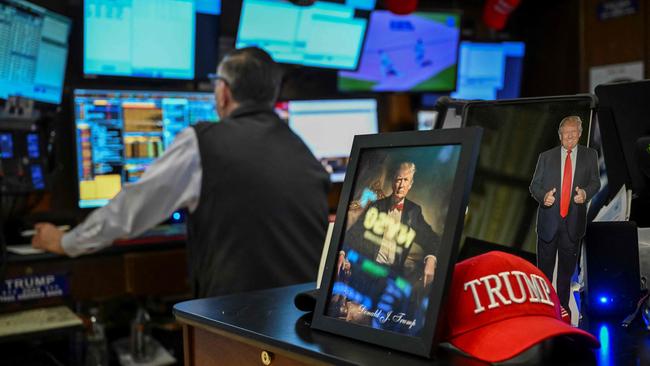
The Vice-President’s quip went viral, becoming a go-to retort among Donald Trump supporters.
The attitude couldn’t be more apt amid the elite furore over Trump’s spectacular rollout of tariffs across allies and adversaries alike.
Lower-income Americans, who overwhelmingly supported Trump at the election last year, couldn’t give two hoots about the stockmarket. One can’t understand what’s happening without appreciating this critical point.
The fury in the mainstream media, from left and right, created by the wild gyrations in financial market prices since Trump announced his so-called “Liberation” tariffs on April 2 gives a misleading impression.
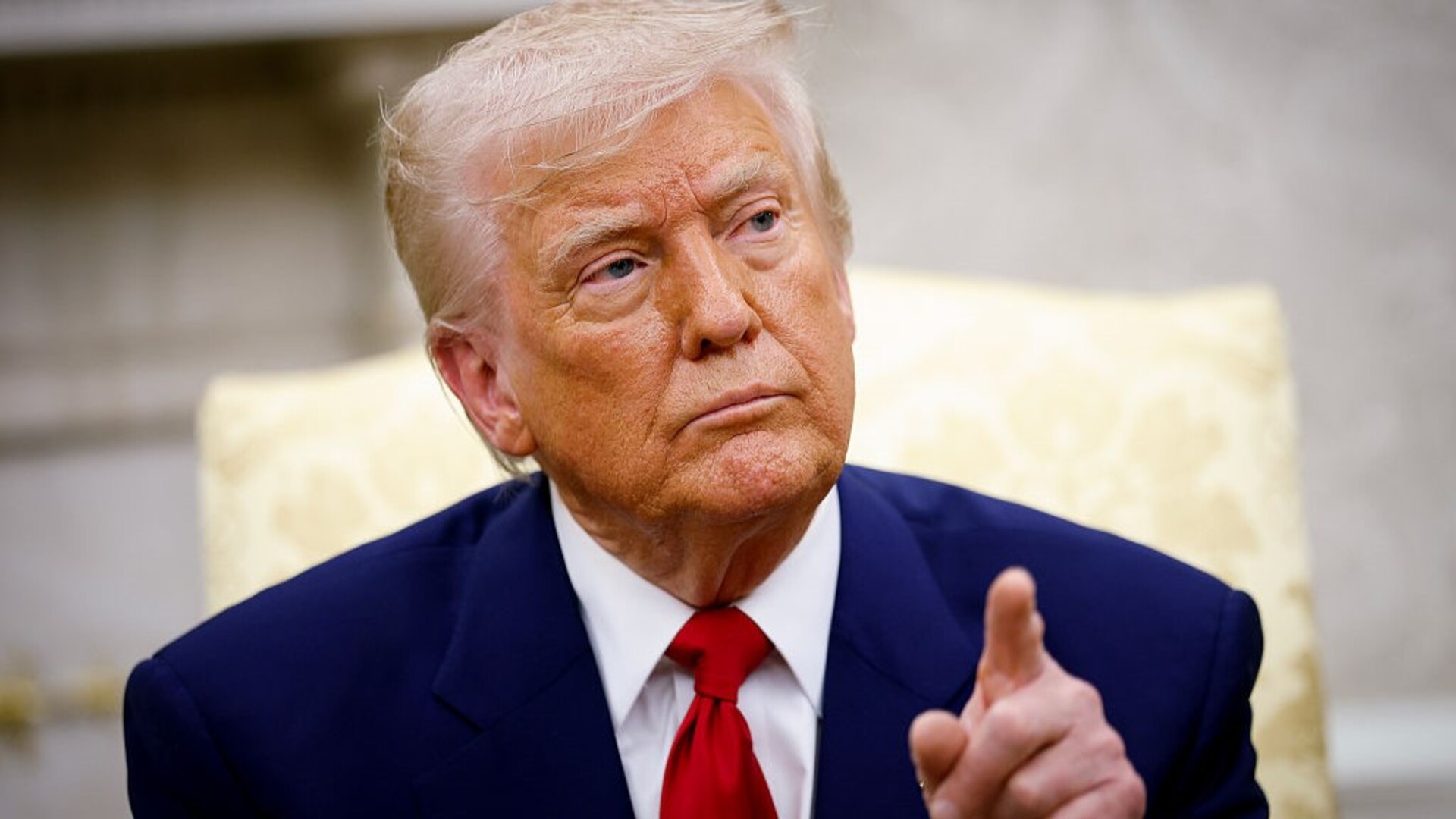
Much of the media is written by those who have stocks for those who have stocks, which is quite a small proportion of the population in the US. By the way, it doesn’t force its citizens to invest in the stockmarket as we do here.
“The top 10 per cent of Americans own 88 per cent of equities … The next 40 owns 12 per cent and the bottom 50 per cent has debt. They have credit card bills, they rent their homes, they have auto loans,” US Treasury Secretary Scott Bessent told Tucker Carlson in a recent interview.
That the non-housing wealth of the richest Americans was briefly down 10 per cent, on paper, from the start of the year is of little importance for the vast bulk of Americans, and especially those who voted for the very well telegraphed Trump tariff agenda.
Both Australian and American share prices, by the way, remain significantly overvalued on traditional measures.
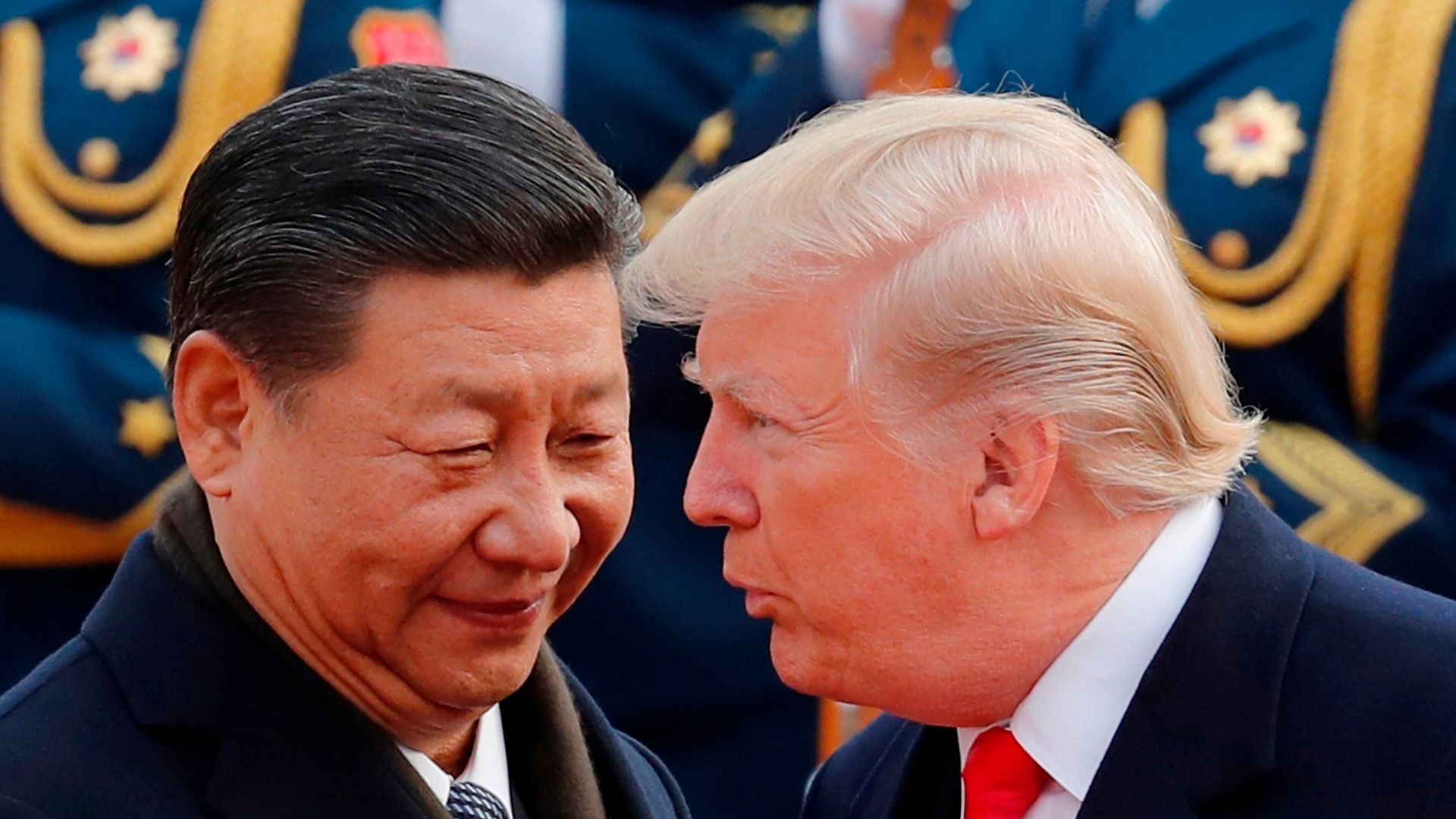
Until recently, typical Australians had enjoyed strong real wages growth for decades. This hasn’t been true in the US. Rising GDP per capita has obscured a very lopsided distribution of the spoils. Between 1999 and 2014, real median household income in the US fell from $US70,210 to $US67,350, according to the Federal Reserve Bank of St Louis, while the incomes and wealth of those in higher socio-economic brackets reached extraordinary levels.
Whether Trump’s tariffs are the answer to crippling economic stagnation and soaring inequality remains to be seen, but the political rage underpinning the policy isn’t hard to understand.
For young men the trends have been even worse. Those aged 25 to 29 had lower real median annual earnings in 2022, around $US40,000, than they did in 1972, according to research by Scott Winship of the American Enterprise Institute.
“This is an absolute catastrophe; you can’t believe you’re going to maintain a healthy society on that basis,” said Oren Cass, chief economist at American Compass, a conservative think tank that’s become influential in Trump republican circles.

So, it shouldn’t be a surprise that many young men turn to drugs, crime and welfare, and choose to revolt against the economic system, especially when they can see daily on social media that other groups have had a very good 50 years indeed.
Amid all this, around 70,000 mainly young Americans – well over the number of Americans that died in total in the Vietnam War – die of fentanyl poisoning every year, no doubt partly driven by the socio-economic despair.
No wonder the biggest swing towards Trump in the 2024 presidential election was among young men under 30. In 2020, Joe Biden, as Democrats typically have done among young people, won young men by 15 percentage points; in 2024 Trump won the same group by 14 percentage points, an incredible turnaround, according to AP VoteCast data.
In 2017, economist Raj Chetty and his co-authors concluded that for the first time Americans were growing up poorer than their parents. About 90 per cent of Americans born in the 1940s earned more than their parents adjusting for inflation, a share that had fallen to around 50 per cent for those born in the 1980s.
What’s scary is this analysis was undertaken almost a decade ago, before younger and lower-socio-economic Americans endured the devastating and lingering response to Covid-19, which supercharged and entrenched inequality like no other set of policies in modern history. For example, the measures might have lifted but used cars and homes remain around 30-40 per cent more expensive than they were in March 2020.

A large part of the explanation has been the decline in better-paid industrial jobs that evaporated in the US from the late 1990s, when the US and other nations lowered their tariff and non-tariff barriers. China, which was meant to become more democratic as a result, became a huge beneficiary.
American consumers have enjoyed a boon of cheap consumer, especially electronic, goods but it’s not been enough to compensate for the loss of dignity and hope for the future. Witness the rise of populism and the secular decline in voting shares of major parties throughout the developed world.
Trump has given a voice to a massive chunk of the US population for whom the American Dream has become practically unattainable.
The relentless focus on the impact of Trump’s tariffs on the sharemarket, which is an increasingly poor indicator of underlying economic health in any case, has obscured the political forces behind Trump’s tariffs.
It’s been a wild month so far. Trump, often accused of being too close to moneyed interests, has just spent a fortnight smashing those interests. His political opponents on the so-called left, once opposed to the economic order, have been fretting about its possible demise.
If Trump’s tariffs don’t work to restore the economic prospects of ordinary Americans, it should be back to the drawing board for supporters of economic and political freedom. If ordinary people lose faith in democracy, then many will be seduced by policies far more damaging than tariffs.
Adam Creighton is chief economist at the Institute of Public Affairs.




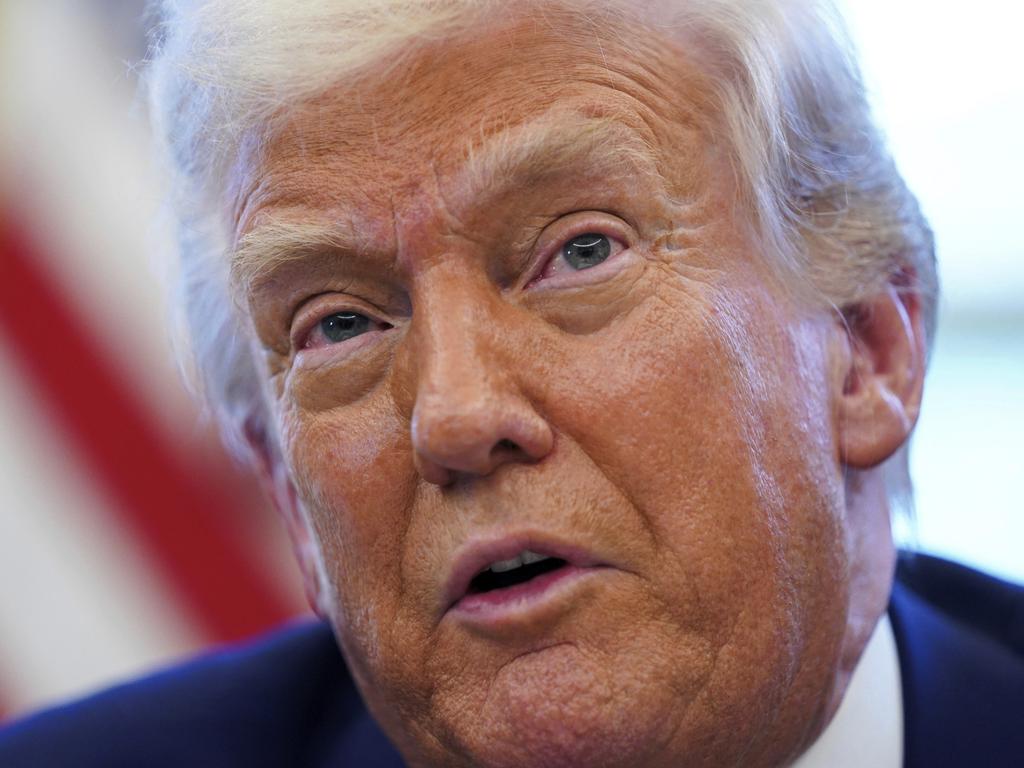
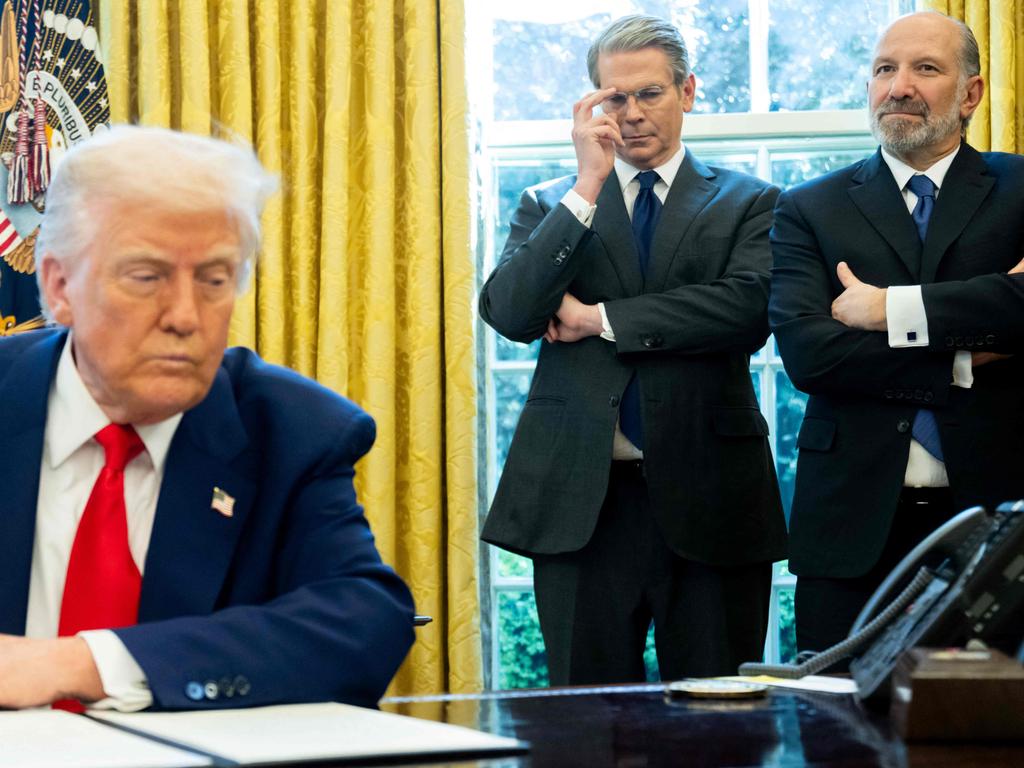
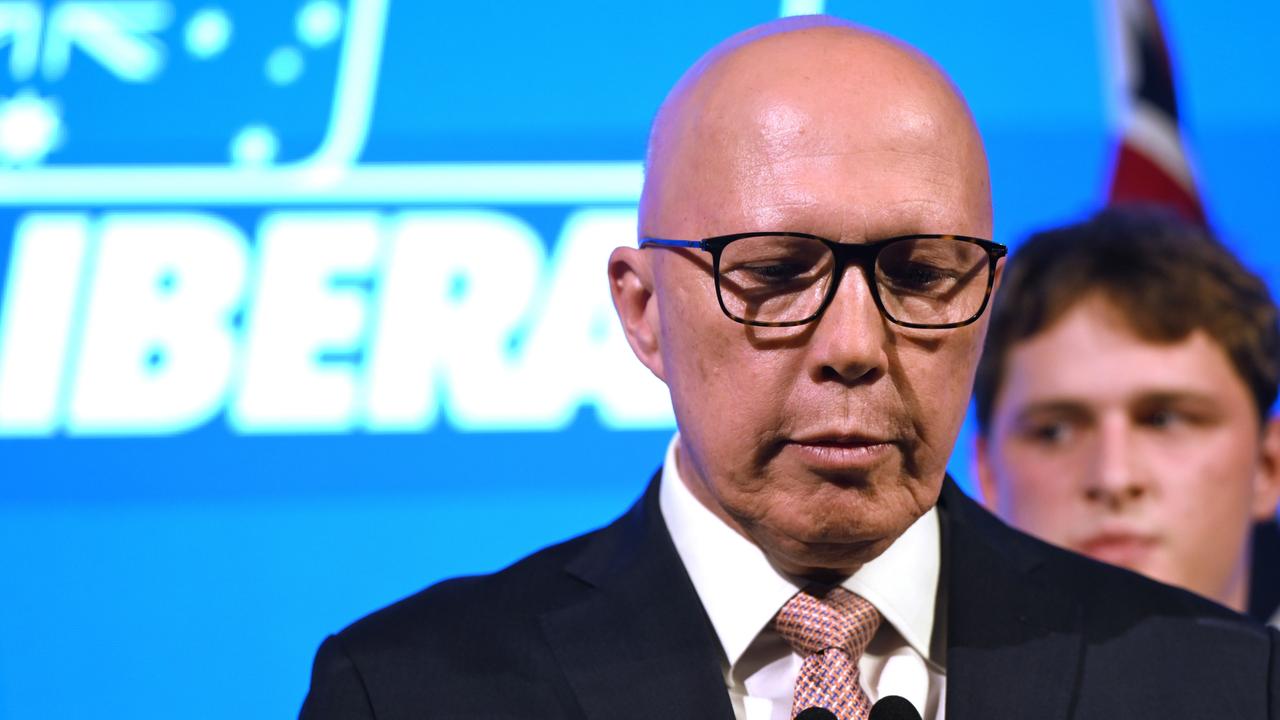
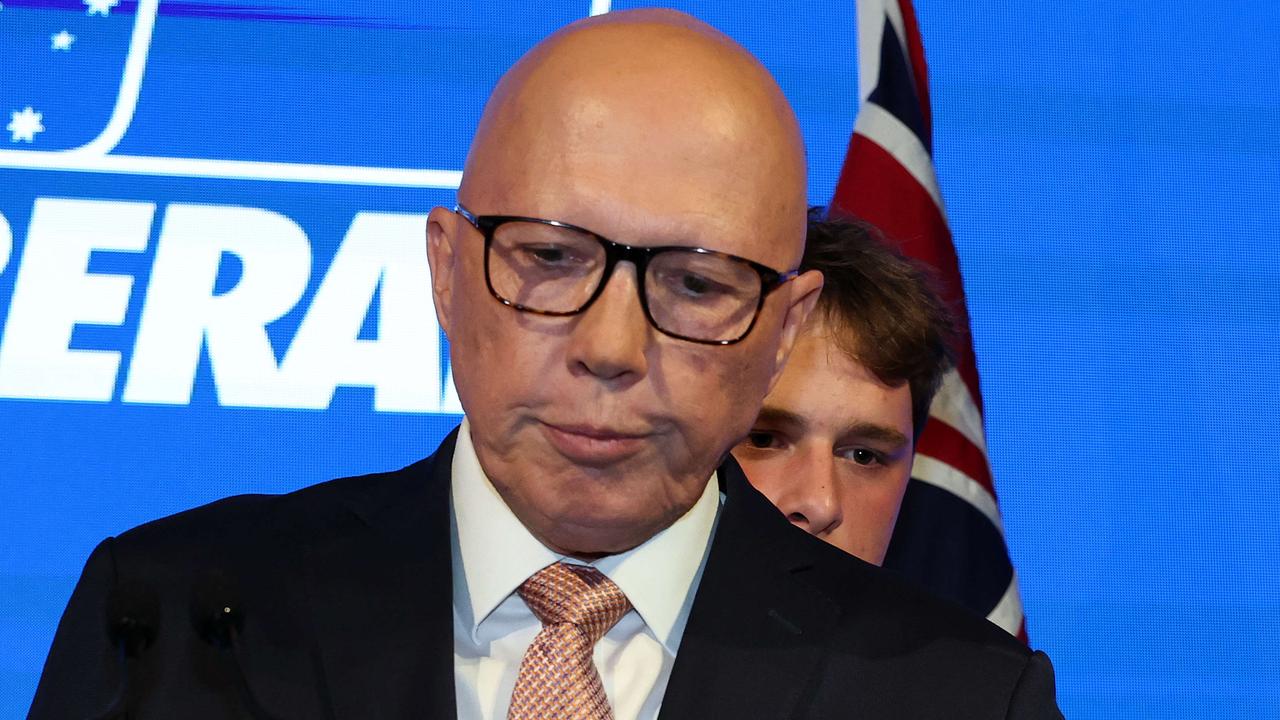
“I don’t really care, Margaret,” JD Vance told Margaret Brennan in an interview in January, when the CBS anchor expressed concern that illegal immigrants might have been radicalised within the US before committing crimes.